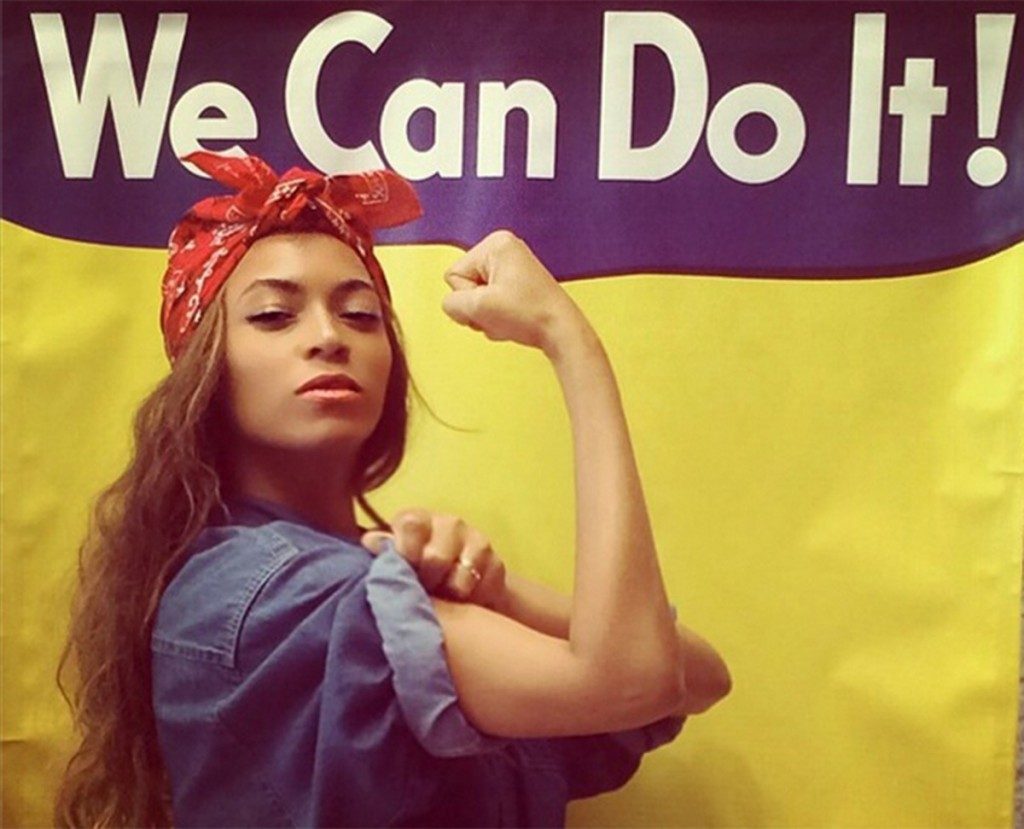
The division of ‘White Feminism’
By Brittney MacDonald, Life & Style Editor
As someone who self-identifies as a feminist, I cringe whenever I see people embracing theologies that claim to be “feminist,” but are actually thinly veiled racism, sexism, or any other kind of bigotry.
It dilutes the meaning of the word “feminist,” and it propagates the crazy, hairy-legged, man-hating troll stereotype that puts so many young women and men off of calling themselves the “f” word. That’s not to say there’s something wrong with hairy legs—I support them thoroughly as an alternative for people who live in apartments or complexes where pets aren’t allowed. Recently, as the female perspective has been more prevalent in the media, I’ve seen “feminists” become more vocal about what their definition of feminism is—and I haven’t always been impressed.
Earlier in the year we saw the creation of Trans-exclusionary radical feminism (TERF), whose whole schtick is that they want to reduce the rights of trans-women because they weren’t born with a vagina, and therefore aren’t “pure” women. If this sounds a little off-putting, it’s because—as my very feminist boyfriend pointed out—“the last time someone used the term ‘pure’ in a socio-political context, they had a tiny moustache and tried to conquer Europe.” He’s really big into world history, closing the wage gap, and videos of pug puppies on the internet—it’s how we fell in love.
More recently, I’ve seen an influx of people sharing this idea of “White Feminism,” as defined as “a form of feminism that focus[es] on the struggles of well-off white women while failing to address the distinct forms of oppression faced by women of colour and women lacking other privileges.”
Now on the surface, this definition sounds fairly solid and as though it could be a theory that plays well into the wide-spread and widely accepted theology of feminist intersectionality. However, in practice this theory claims that white women, because they are racially privileged within Western societies, cannot claim to be discriminated against at all. Essentially, what it boils down to is that if you have any form of privilege, that privilege negates you from claiming discrimination—which is highly problematic. There are many ways in which a woman can be discriminated against beyond skin colour—they could be LGBTQ+, have a mental illness or a disability, or be lower class.
This theory is localized to Western society, and ignores not only post-colonial feminist theory, but black feminism and intersectional feminism as well—it restricts “feminism” so that it can never be globalized. By denying the existence of varying levels of privileged, as well as the different social structures of other cultures, you prevent gender inequality being seen as a universal concern, which is very important, because if it is seen as a universal concern than it is seen as a higher priority to rectify it.
I think my biggest issue with TERF and White Feminism is that they are so exclusionary. According to the United Nations, feminism is meant to promote equality for all—it isn’t meant to be seen as a game of one-upmanship. This type of attitude, where division is treated as a means of claiming who the biggest feminist is, isn’t helping anyone. What you’re doing is dividing our forces, when feminists need to be unified in our fight. It also creates confusion within the community. What “feminism” stands for becomes contradictory depending on what opinions you hear, and feminist portrayals in the media will reflect that, making the stereotype of a crazy, hairy-legged, man-hating troll all that anyone will ever see.

